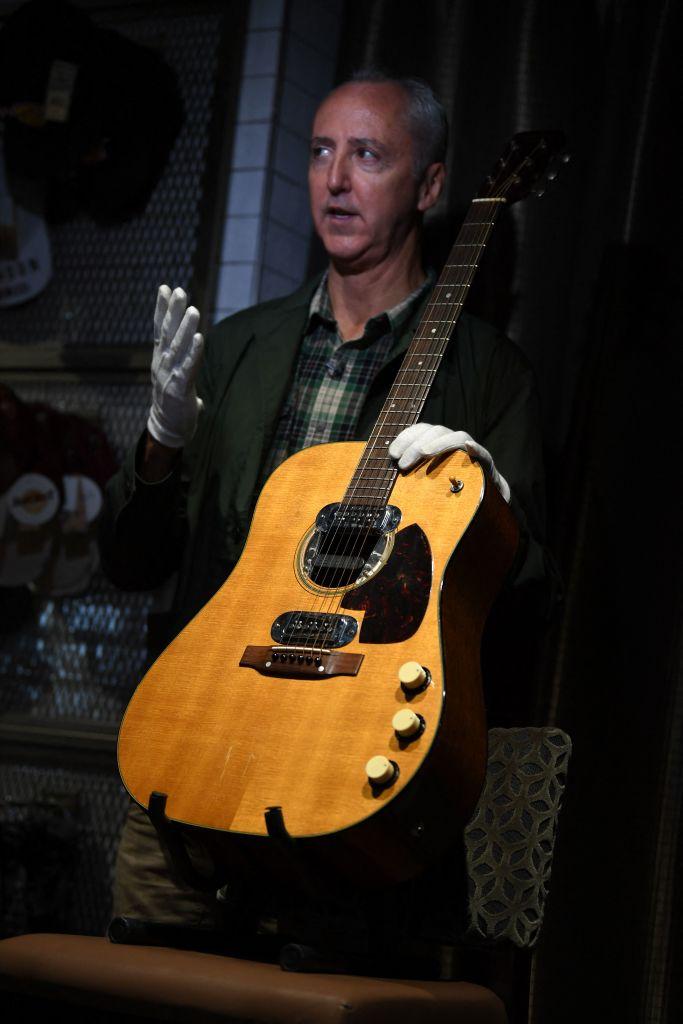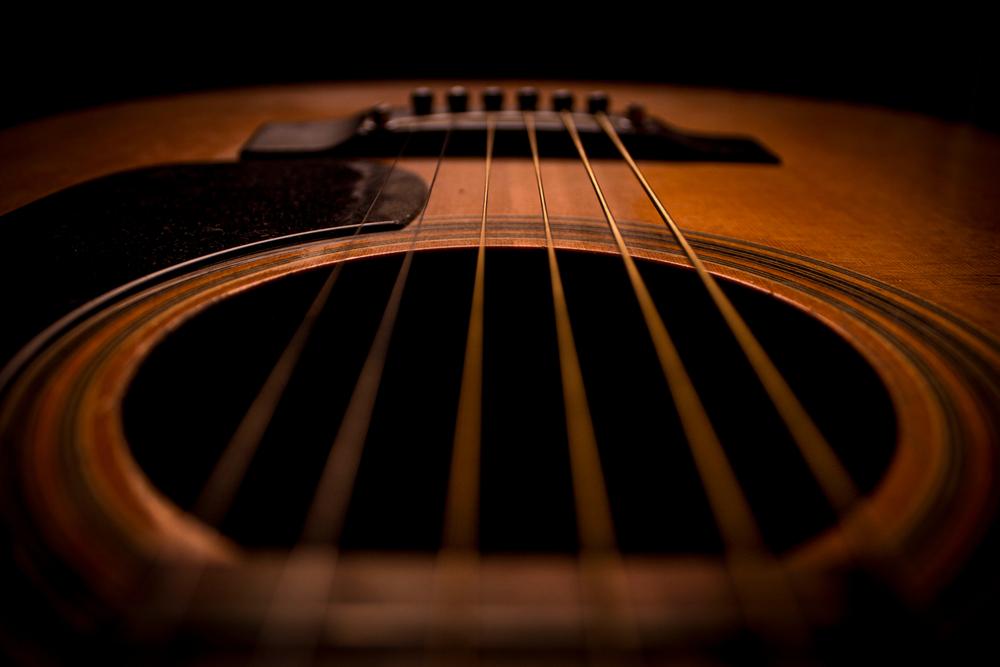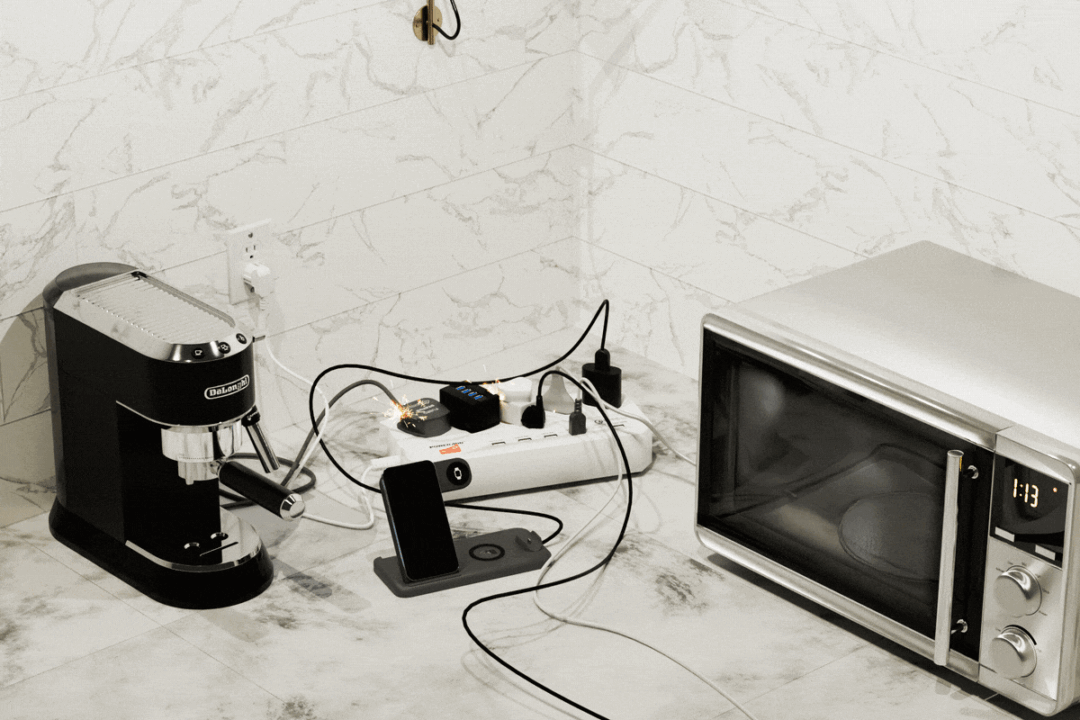Alternative investment come in many forms, anything from stamps and watches to coins and cases of wine. Now add musical instruments, specifically guitars, to the list.
There’s Money in Music
The origins of the acoustic and electric guitar is debated, but likely can be traced back to the guitarra latina (Spanish guitar) and the guitarra morisca (Moorish guitar), which themselves may have been inspired by the medieval lutes and four-stringed ouds. Regardless of their origin, guitars now vie with pianos for the most popular musical instrument, with 40 percent for each worldwide. This creates a market, albeit small, for historic and rare guitars—and, as such, an opportunity for investors.
The late Kurt Cobain’s 1959 Martin D-18E sold for $6 million at auction. DANIEL LEAL/Getty Images






